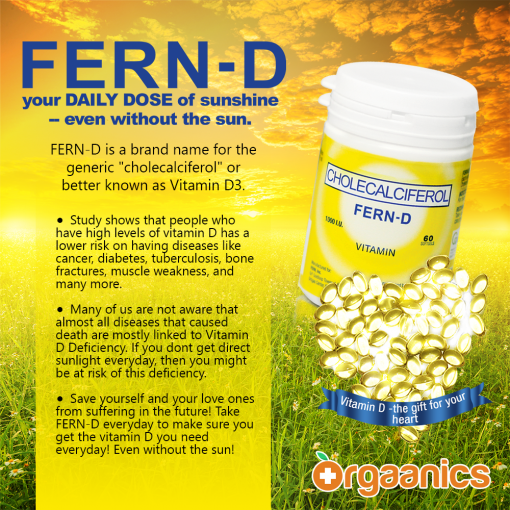Osteoporosis is the name of a condition that causes weakening of the bones, but as this ‘condition’ is becoming more common today, people are beginning to ask, ‘what causes osteoporosis in the first place?’
Bones are not solid, they are porous and any reduction in bone density means less bone and more ‘pores’. Testing for osteoporosis is a measure of the density of our bones. When a person’s bone density drops below a specified level, the subject is diagnosed as having osteoporosis.
There are many reasons why people suffer from osteoporosis. One of these is the imbalance that occurs between new bone production made by osteoblasts and bone reabsorption from osteoclasts. When the rate of bone reabsorption is higher than the rate of bone tissue creation, demineralization and bone thinning will start to occur.
Here are the causes and predisposing factors of bone thinning or osteoporosis:
Gender
Studies show that women are at a much greater risk of developing osteoporosis than men. Large hormonal changes which women undergo have great effects on their bone density. A rapid decrease in estrogen levels, such as occurs during menopause, directly results in a decrease in bone density.
Furthermore, the effects of pregnancy and lactation make large demands on the minerals and vitamins essential to bone health and strength, particularly calcium and magnesium.
In men, testosterone aids in keeping bones healthy and the risk of osteoporosis increases if testosterone level decreases.
Vitamin D
Vitamin D is one of the essential vitamins needed for calcium absorption in the intestines to promote the normal growth of bones. Low levels of vitamin D impair the body’s normal absorption of calcium and accelerate osteoporosis.
Parathyroid Hormone
Parathyroid Hormone is an important regulator of calcium in the blood. When there is a deficiency of calcium, the body secretes the parathyroid hormone to increase the levels of calcium in the blood.
The calcium is taken from the stored calcium in the bones. If the parathyroid glands are overactive and the hormone is released at excessive levels a continual leaching effect will occur, which in turn makes the bones brittle and prone to osteoporosis.
Bone Formation and Bone Resorption Imbalance
The most common cause of osteoporosis, especially as a person ages, is the imbalance between bone formation and bone resorption. Usually, the body compensates for bone loss by forming new bone matter, in a natural cycle.
However, as the person ages, this balance between bone formation and bone resorption tends to skew. Aging affects the body by failing to readily form new bone or increasingly absorbing too much old bone.
Diet
Diet is a contributing factor in the development and cause of osteoporosis. To prevent osteoporosis, it is important to acquire and absorb the necessary vitamins and minerals that promote healthy bone growth.
The macro component that most people are aware of is the need for calcium. Calcium is a vital mineral needed for the proper functioning of organs. Calcium is stored in the bones. However, whenever blood levels of calcium are depleted, the body reabsorbs calcium from the bones, hopefully only temporarily.
Many people are less aware that magnesium is essential for calcium absorption by the body. If magnesium is not present calcium cannot be absorbed and will simply be excreted.
Nutrition must also include vitamin D since it also helps the body to absorb calcium efficiently. Without enough vitamin D, the body cannot absorb calcium from the diet no matter how much calcium is available. Other vitamins which promote bone growth are vitamin K and vitamin B.
In addition, it is important to limit the intake of substances that hinder bone growth such as caffeine and excessive protein. These can cause the body to excrete calcium and reduce the body’s capacity to absorb available calcium.
Sedentary lifestyle
A sedentary lifestyle can cause or hasten osteoporosis. For bones to repair and replace themselves requires weight-bearing, or else there is no impetus for the body to increase bone density. Standing for at least half an hour a day is important for strong, healthy bones.
Two hours is even better. Simply standing can be quite boring; a daily walk can provide the needed weight-bearing requirement plus provide added cardio benefits.
No Single Cure
There are many factors that cause a reduction in bone density and contribute to the development of osteoporosis such as age, gender, physiological factors, predisposing conditions, lifestyle, and diet. Some of these are obviously pre-determined and beyond your control.
However, variables such as diet and exercise, and medication are very much up to you and should be the focus of your efforts in controlling osteoporosis.
To help boost your bone health and avoid osteoporosis, take Fern-D and MilkCa. Order them only at Orgaanics!


